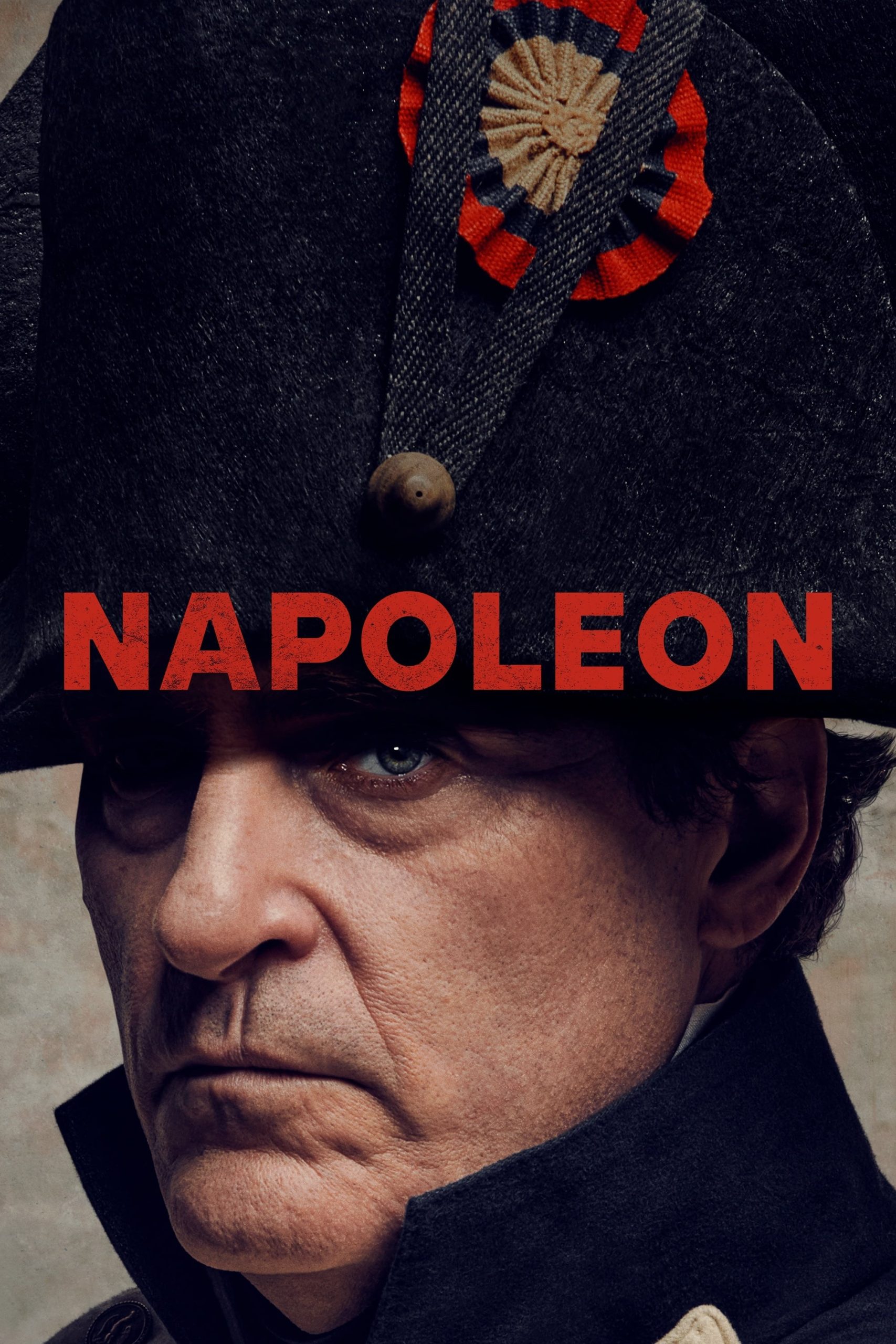
An epic that details the checkered rise and fall of French Emperor Napoleon Bonaparte and his relentless journey to power through the prism of his addictive, volatile relationship with his wife, Josephine.
09 Jan Napoleon (2023)
Lettered Narration
Interesting characters make interesting films, so we are led to believe. Filmmakers certainly believe it, and here is one of the most interesting historical figures ever. So why not? Especially since you have budget, a master filmmaker and good actors.
But usually it doesn’t work; prominent people do not become so because they have a great actor inside. They interact richly with the world and change it simply because they interact with the world. So to understand the story of great people you have to understand the world and how it works. Going there is a recipe for movie disaster: ticket buyers don’t like complexity, nor do scripts. They like characters.
Ridley makes three decisions here that make this an excellent experience for me.
The interesting thing for me about Napoleon is that he wasn’t particularly ambitious. He succeeded in a time of general incompetence and was drawn into more prominent control by others who were hungry for that competence. So I went in looking for a film about those forces-of-others, the stuff that Shakespeare would build a tragedy around. Scott ignores all that, at least in the theatrical cut.
The first Scott decision was to exploit space. Napoleon was on the autism spectrum and a spatial reasoning savant. If it was spacial, even diagrammatically so, he could master a situation. Scott chooses to give us spatial cinema. Eleven cameras for battles? Absolutely unheard of. But then he does this for simple human encounters as well, using surrounding shots. A simple lovemaking would normally be an intimate linger of the voyeur’s eye. Here it is as Napoleon would remember it; seen from all sides. We see him manipulating tens of thousands of souls and deadly ordinance with eyes closed, seeing what we will momentarily. Much is made of the realism in the production — little CGI — and showing space by a viewer’s dance is probably easier to do practically.
The second masterful decision is to change the focus. This is man shaped by the world, enticed and guided by forces. As a human, I really want to know and understand those forces because I want to know what works in society and I see much that doesn’t in my life. The terror is never far away. But Scott ignores all that. We see events only, never their machinery. We see our man navigating those events simply in response. It takes a master storyteller to understand that economy in narrative matters, so Scott is not tempted to linger on why things are happening, only that they do, and our man responds.
A side observation is stuff we don’t see. Napolean was successful in war not merely because he was a battlefield strategist, but that he created a war machine using modern organising principles. He is the first modern enterprise engineer, creator of the bureaucracy, and father of the war college. All this is spatial organisation. England had this in naval terms, but France perfected orchestrated land war by engineering the industrial complex. But we see none of this, and wisely so.
The narrative decision then is that he responds within the rails of passion. This is a love story with war as passion. The love has sex, yes, and desire. But the passion is all-consuming and shaping. This movie is driven by intense desire, and Scott wisely gives a complex relationship that we can understand as it unfolds but be constantly engaged by its unpredictable nature — unpredictable by film genre standards.
I fully understand this dynamic, passion between two souls, autistic spatial navigation, the world parting one sea of massed souls after another.
The third choice, and a masterful one, is having the man narrate the film as letters to his other. We see him living in this thread that connects him to his love which he merges with passion for the nation. I don’t know how much of what we hear are his actual words. But we do know those letters were written, stolen, and part of the contemporary record.
Space, Love, Letters.
Ridley in his mid-eighties reviving passion. Bless him. See this and be revived.
Posted in 2023
Ted’s Evaluation — 3 of 3: Worth watching.


No Comments